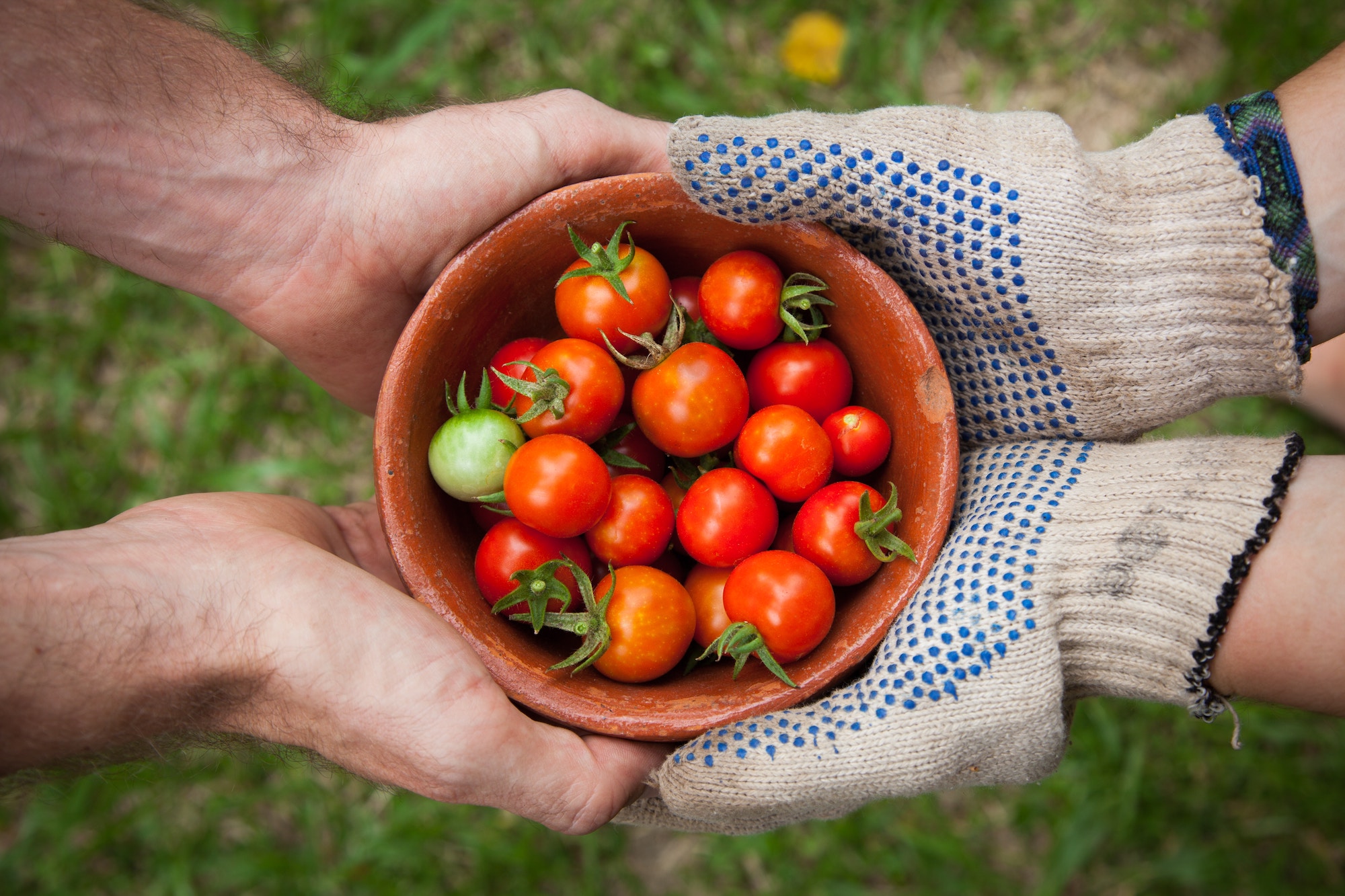Knowing the Way is Overrated.
When the pandemic hit its stride in the UK, I watched as most of my facilitation work evaporated overnight, and with it, my primary income stream. I transitioned what work I could online and surrendered as the rest was indefinitely postponed or cancelled.
After I stopped feeling sorry for myself, I looked at the carnage before me and asked the classic Stoic question: What is within my control? And what is outside my control?
I decided that there were a boatload of things I could not control: the fact that most of my facilitation work was cancelled; that flying to see clients and workshop participants was impossible; that in-room gatherings were now a no-no; that many of the organizations I consulted for were struggling as well, and their budget for learning and development, like other “non-essentials,” was being cut ruthlessly.
There was, however, at least one thing I could control: the London Writers’ Salon – the side project my friend Parul and I started a year ago. Being a nimble and impassioned team of two, we could adapt quickly. Without asking for permission. Without waiting for anyone else’s decision but our own.
Late one Sunday night, we asked ourselves the question Chris Guillebeau poses in his book The $100 Startup:
“When you get stuck, ask yourself: How can I give more value? Or more simply: How can I help my customers more?”
Chris Guillebeau, The $100 Startup
For us the question became: how can we serve this community of writers? Our best guess answer: Writers’ Hour.
This was a free public service. We earned no income from it. So it may seem like an odd place to start when your very problem is lack of income. But because we gathered writers together each day to serve them, we were also able to learn from them. And ultimately build something better for them.
We started serving with Writers’ Hour. We kept learning each day by asking questions, reading the chat, listening to the general sentiment in the group, and paying attention to where people got stuck in their writing practice, and what they’d find fun, interesting or useful.
One example: On day 1 of Writers’ Hour, someone asked “This was amazing. How can we support your work – do you have a Patreon or something?” The very next day, we created a LWS Patreon account and invited anyone with the urge and means to support us. (As of writing, 89(!) writers value this space enough to become a patron of this work. We’re humbled and so SO grateful.)
Another example: As Writers’ Hour regulars grew, they naturally wanted to chat, share, and encourage one another in the chat box. But Zoom’s chat function is horrendous. A few weeks in we created a Slack community to keep people connected outside of Writers’ Hour, enable easy sharing of drafts and published work, and ask for help and guidance from us and each other.
And future ideas keep flowing: Writers’ Hour tea and coffee blends; branded socks, mugs, and robes; group poetry readings; an alarm call to make sure you show up for Writers’ Hour; deeper coaching and support from experts; video recordings from past Salon interviews… the list goes on and on.
Writers’ Hour learnings led us to completely pivot the Salon.
We transitioned from a primary model of selling one-off events to creating a monthly membership. We moved from prioritizing one-to-many emails to many-to-many Slack communities and Zoom gatherings. We sought first to serve, and then to learn.
We gave freely. In a selfish way, it gave us a sense of purpose and service during these strange times. And ultimately, if accidentally, it’s helping us drive quicker and more efficiently toward our mission: to help writers write more, more often, with more success.
The London Writers’ Salon finally feels like it’s developing into what it always had the potential to be: a true community of writers.

Too often, we want to know before we go. But true knowing arrives after we start the going.
I’m convinced there are really only two tasks when navigating the inherent uncertainty of a business, a pandemic, or I suppose life in general: serving and learning.
- Serving the people who matter most – our communities, employees, teammates, families, friends, customers.
- Learning the way forward by creating value, asking, listening, and launching a series of tiny but bold experiments.
The world has always been uncertain, but this time it’s particularly true. We reduce uncertainty not through big bets and grand gestures, but by serving the people who matter and learning the way forward. Not by waiting around, but by stepping up.
Serving and Learning: two superpowers for uncertainty.
It’s like what E.L. Doctrow says about writing:
“[It’s] like driving at night in the fog. You can only see as far as your headlights, but you can make the whole trip that way.”
And on a personal note. I’ve learned that the single best way to get out of my own head is to help someone else get out of theirs.
✍️ Written during Writers’ Hour.
📬 Shipped during Ship It Hour.










